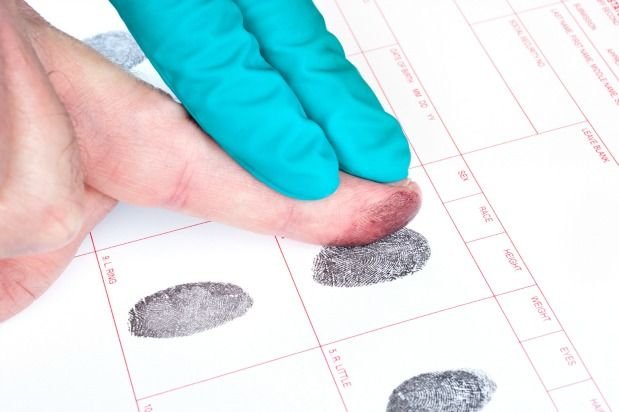One of the problems faced by a disproportionate number of individuals in sobriety is the taboo topic of criminal backgrounds. For many, criminal issues due to active addiction play a huge role in pushing many members to get help. However, it’s always easier to speak of criminal background issues as a figment of the past than it is to address ongoing, contemporary problems caused by a criminal background.
The Basics
Perhaps tact isn’t truly as necessary as we think: one in four adults in the United States is stigmatized by a criminal record in any given year. Here are some additional basic considerations of a criminal background’s impact on recovery:
- Criminal backgrounds disproportionately affect men, with a distinct disproportion of these men being African American.
- Criminal background checks are allegedly conducted at nine of ten jobs. Of the jobs that the person either on probation, parole or having simply a blemished criminal record might apply towards estimates hold that nearly 100% of these occupations require both a background test, and frequently, a drug test as well.
- With insufficient means or avenues to earn an income, many people in early recovery understandably crumble under the pressure and have a bleak future outlook. At the very least, a criminal conviction related to drug addiction often impairs an individual’s ability to obtain a job.
So we ask, should a person in recovery be held responsible for the manifestation and symptoms of what the medical community calls a “medical disease”?
Food for Thought
Unfortunately, an employer rarely has the time or inclination to debate the relative weight of drug-addiction related offenses. However, with a criminal background, despite the length of time in sobriety, readers should note the following:
- A disproportionate number of sober individuals are self-employed, oftentimes employing or collaborating actively with other people in the recovery community.
- Many social movements, such as the Ban the Box movement, note the instant rejection of most applications marked with a prior criminal conviction. To this end, some states have decreased the ability of employers to execute a background check until after the hiring process, to prevent any bias from happening.
- Most states permit the incarceration of persons owing child support, which if unemployed due to a prior criminal conviction, exacerbates the situation even more.
- Background checks mandated by the federal government and courts are universally conducted to some degree by employers and, unfortunately, are not the most reliable in matching the correct individual to his or her correct background. Moreover, ongoing rejections of candidates, even if based on an erroneous background match, are not explained to the job applicants, leaving the program member to continually emphasize his or her criminal background as an impediment to sobriety.
With the Obama Administration’s parity protections in the recent healthcare reform acts, mental health patients in the next few years might be able to expect more leniency from the criminal courts in terms of not only avoiding punitive incarceration in favor of treatment, but also, having prior criminal convictions looked at differently by the courts as well. For example, many states permit some degree of expungement, sealing or redaction of criminal records in cases pursued by the defendant.
Politics plays a large role in the possibility of a general sweeping change, with perhaps only a single Democratic candidate seemingly likely to support such a radical categorization of drug offenses from criminal offenses to medical symptoms. Even if the substances alone are criminalized, we wonder how the criminal act should be defined by the law. For now, the one thing we do know is this: including addiction makes it a much more complex topic than a normal crime.
If you or someone you know is seeking help from substance addiction, please visit our directory of treatment centers or call 866-606-0182 to start the path to recovery today.








